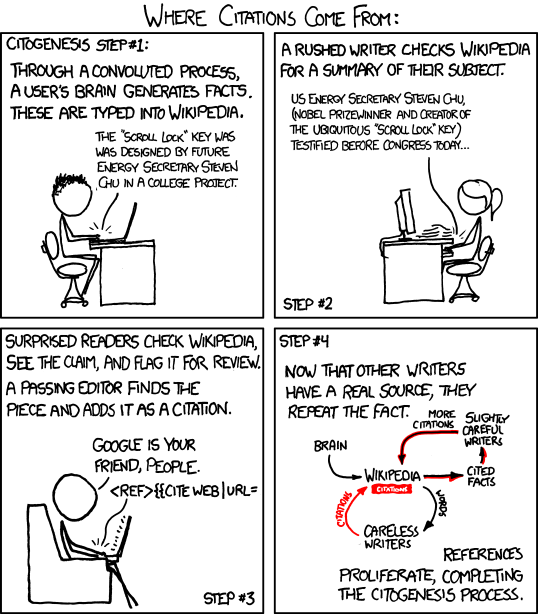Seems like our public officials are getting bored these days, because
Nova Scotia musician warned by Mint for using pennies on CD cover.
Long story short: Musician puts picture of pennies on his album cover, Canadian Mint asks for $1200 royalties, public outcry, Mint eventually backs down.
And of all the things they could've tried, copyright infringement? Seriously? There was nothing, nowhere, in any of the coins-related legislation that would've made a bit more sense?
This is the offending cover, by the way:

I count about 14 or 15 pennies on that cover, for 2000 albums, so quick math says they're charging about 5 cents per penny per album. I wonder what the going rate is for the nickels and dimes ... Actually, if you look at the change on the cover, it does come down to about 60 cents, so maybe that's what they're charging him.
And here's the kicker, after backing down on their claim:
“We have helped this guy out by giving him a break,” Alex Reeves, communications manager for the Royal Canadian Mint, said Tuesday.
Seriously? Well, how generous of you. I'm sure this is in line with the current government's support for the arts and all that.
And if you're not happy, well
Reeves said if Gunning can’t afford the royalties if and when he produces more CDs then he can always remove the soon-to-discontinued penny from the cover.
Okay, well I guess that settles that. Only the pennies require royalties. Also, does anyone else see the humor in this? The album is called No More Pennies and the Mint wants him to remove the pennies...
So there you have the official line: be happy we're not suing, and if you're not happy, well shove it.
Pro tip: re-shoot with US pennies. Nobody will be able to tell.
 (image shamelessy hotlinked from the Ottawa Citizen article.)
(image shamelessy hotlinked from the Ottawa Citizen article.)


